This week’s issue of The New Republic opens with an essay about the disappearing book review. The first half talks about the decline of the physical book itself, and how reading a classic novel on an iPhone just isn’t the same experience as enjoying it page by page. The second half of the essay, however, focuses on the death of the book review, killed in part by newspapers who have slashed their reviewing staff, and in part by the proliferaton of online book bloggers.
People like me.
Here are some excerpts:
A part of the problem, of course, is that many people believe that book reviewing is easy to do, that it is just an outburst of opinion or advice. How could it be otherwise, when the most influential view in American book life is Oprah Winfrey’s (yes, her book club is a societal boon, but her taste for the soap-operatically uplifting is not), and everybody writes their own book reviews on Amazon and elsewhere? But book reviewing is not blogging, even if a lot of blogging is book reviewing. Not everybody who can boil an egg is a food critic and not everybody who can hit a softball is a sportswriter.
There are, or there should be, intellectual qualifications for the task, because there are urgent things at stake–at least as long as the citizens of this country continue to agree that beliefs, and the methods by which they are formed, matter.
Book reviewing is a training for controversy, without which no open society and no open individual can flourish.
The responsible and lively and ambitious coverage of books may not be much of a revenue stream, but it is a formidable thought stream, and knowledge stream; and it should be an honor to preside over it. When a book review is done well, it transcends leisure. It inducts its reader into the enchanted circle of those who really live by their minds. It is a small but significant aid to genuine citizenship, to meaningful living.
My response to TNR‘s essay: Lighten up. Listen, I know I am not a Book Reviewer in the traditional sense of the word. I don’t take myself that seriously, and I know I lack whatever formal training TNR is referring to above, like a literary criticism class – I never took one. I don’t write reviews for newspapers or even for general consumption.
But I do read, and I do have opinions. When motivated to do so, I share those opinions. So I am *kind of* a book reviewer, as is anyone who has ever posted a comment on this blog.
And here’s why this matters: I truly believe that blogs like mine, and god knows there are a lot of them, encourage reading. And they encourage people to discover books that they wouldn’t otherwise have found. You’ll notice I don’t talk about Oprah books on here – why should I? They get enough publicity without me. I’d rather find the hidden treasures that might otherwise get lost among the sea of new releases. Furthermore, book blogs foster dialogue and discussion – the mainstay of Web 2.0 – perhaps even the "controversy" that TNR deems essential to open societies and individual. That discussion can take place almost real time, in a dynamic and accessible setting, which a print magazine or newspaper cannot offer.
Again, I know I am just a small book blogger. I do not fancy myself a book reviewer as TNR defines it. But I think that TNR is naive not to recognize the revolutionary force that blogging has become, the positive effects on reading that blogs like mine can have, and, most importantly, the ability of blogs to stimulate discussion and reflection.
So… tell me, am I being self-important? What role, if any, do you think book blogging has in a world of diminishing readers?



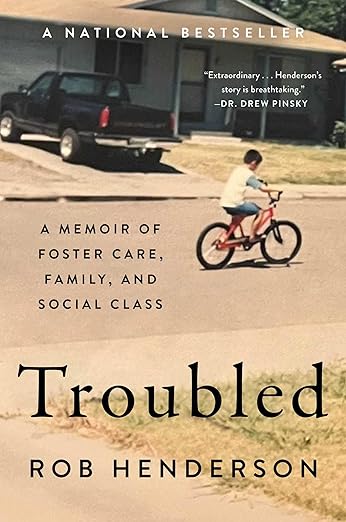
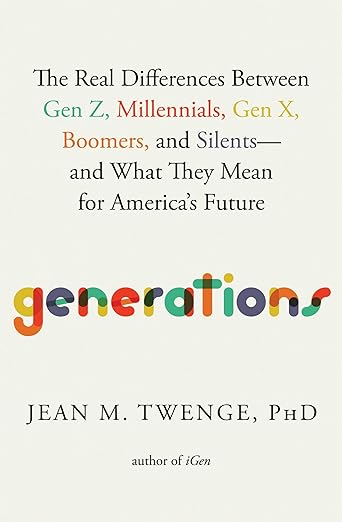
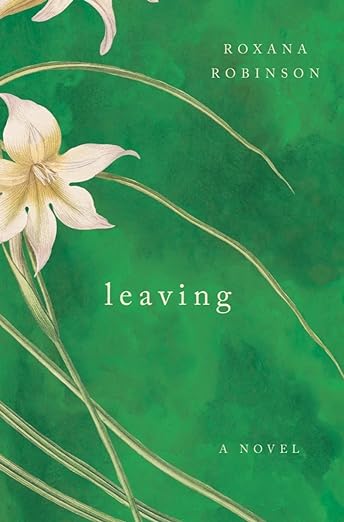
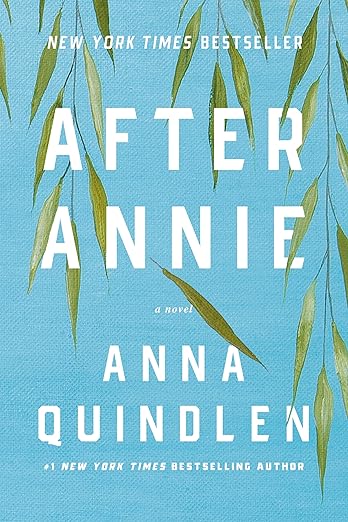
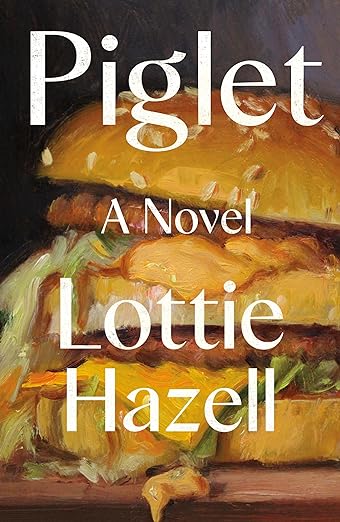
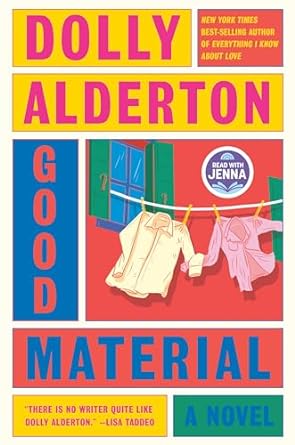
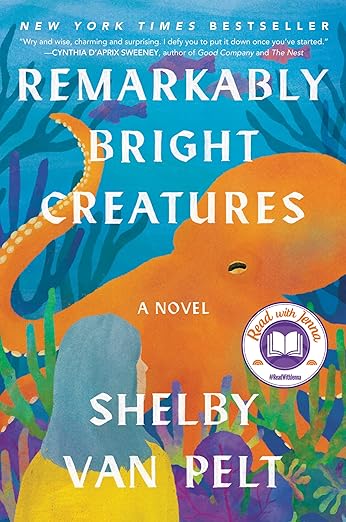
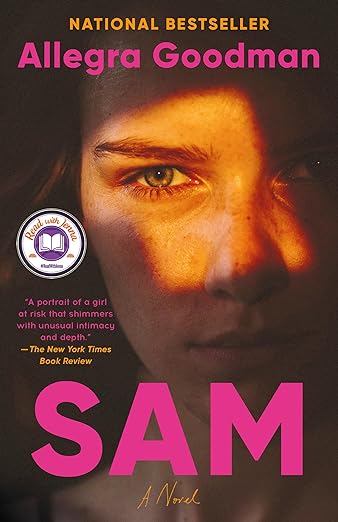

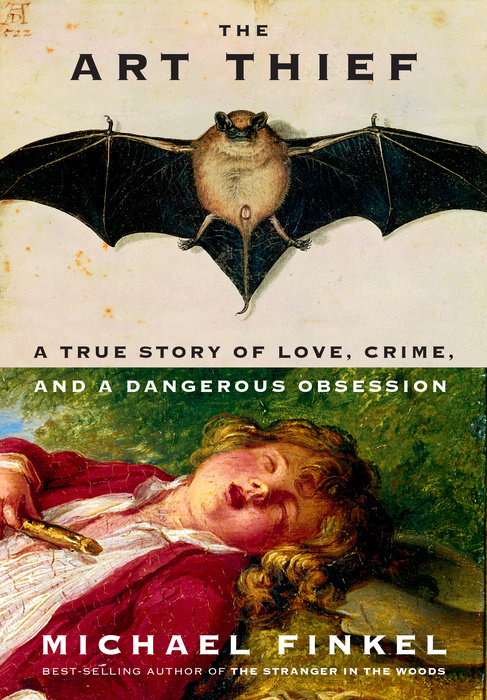
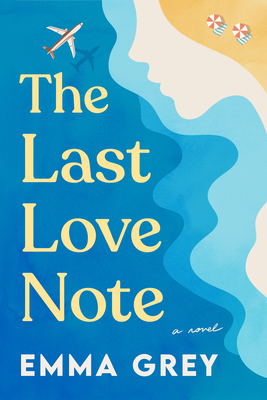
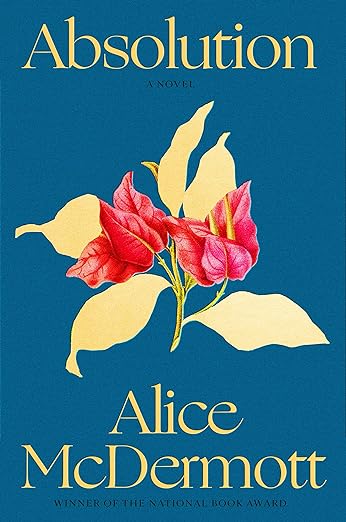
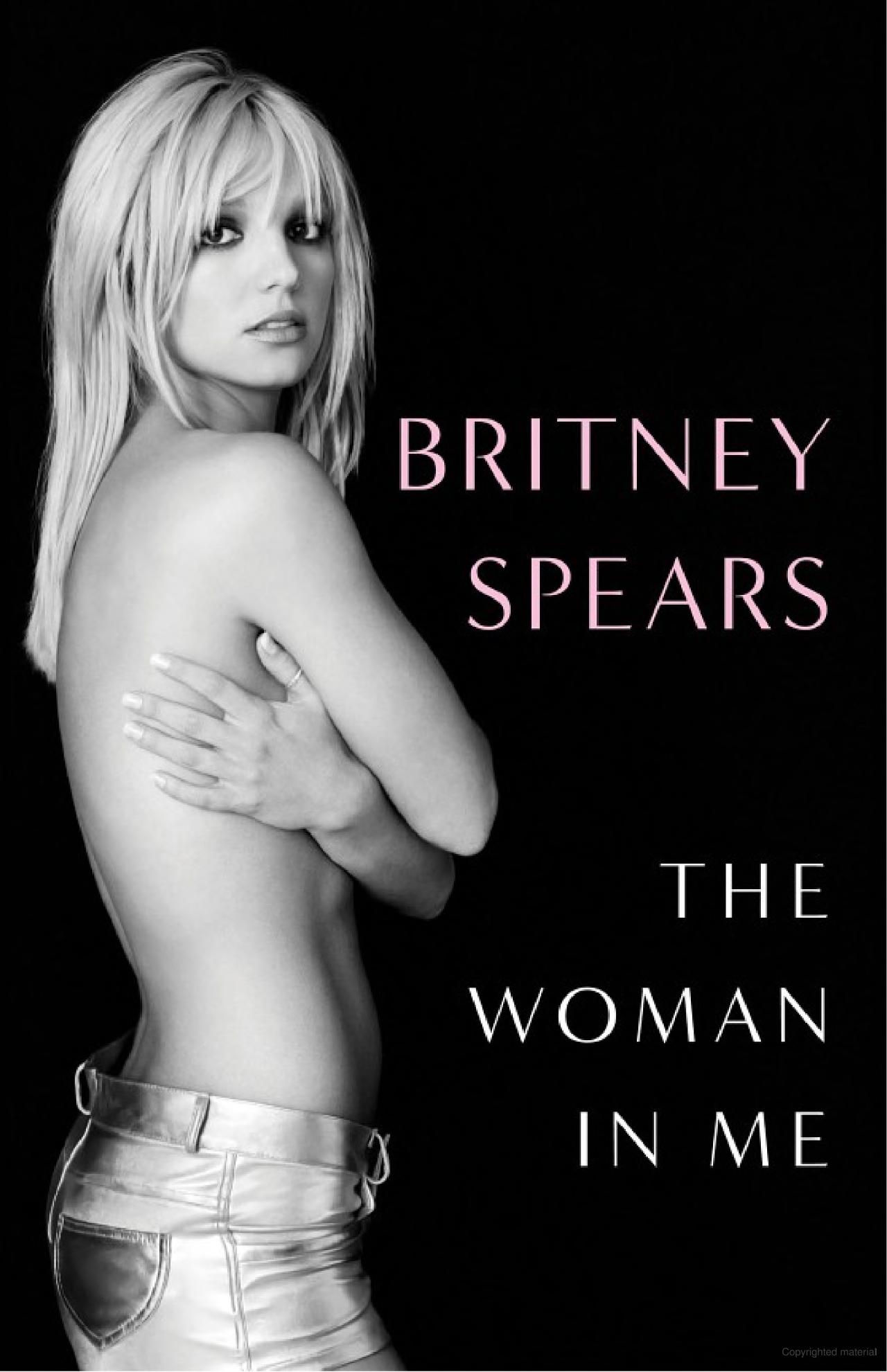


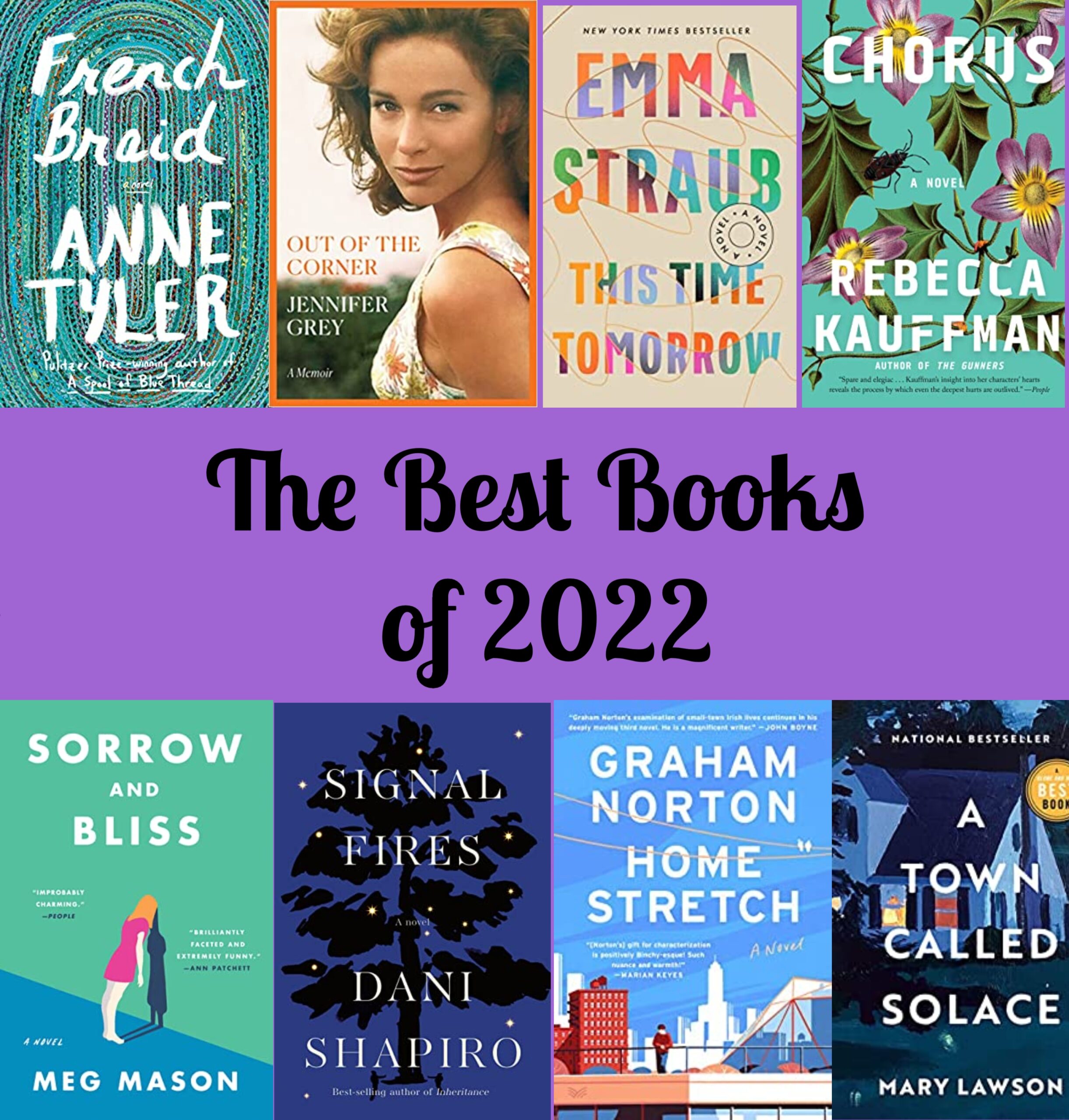
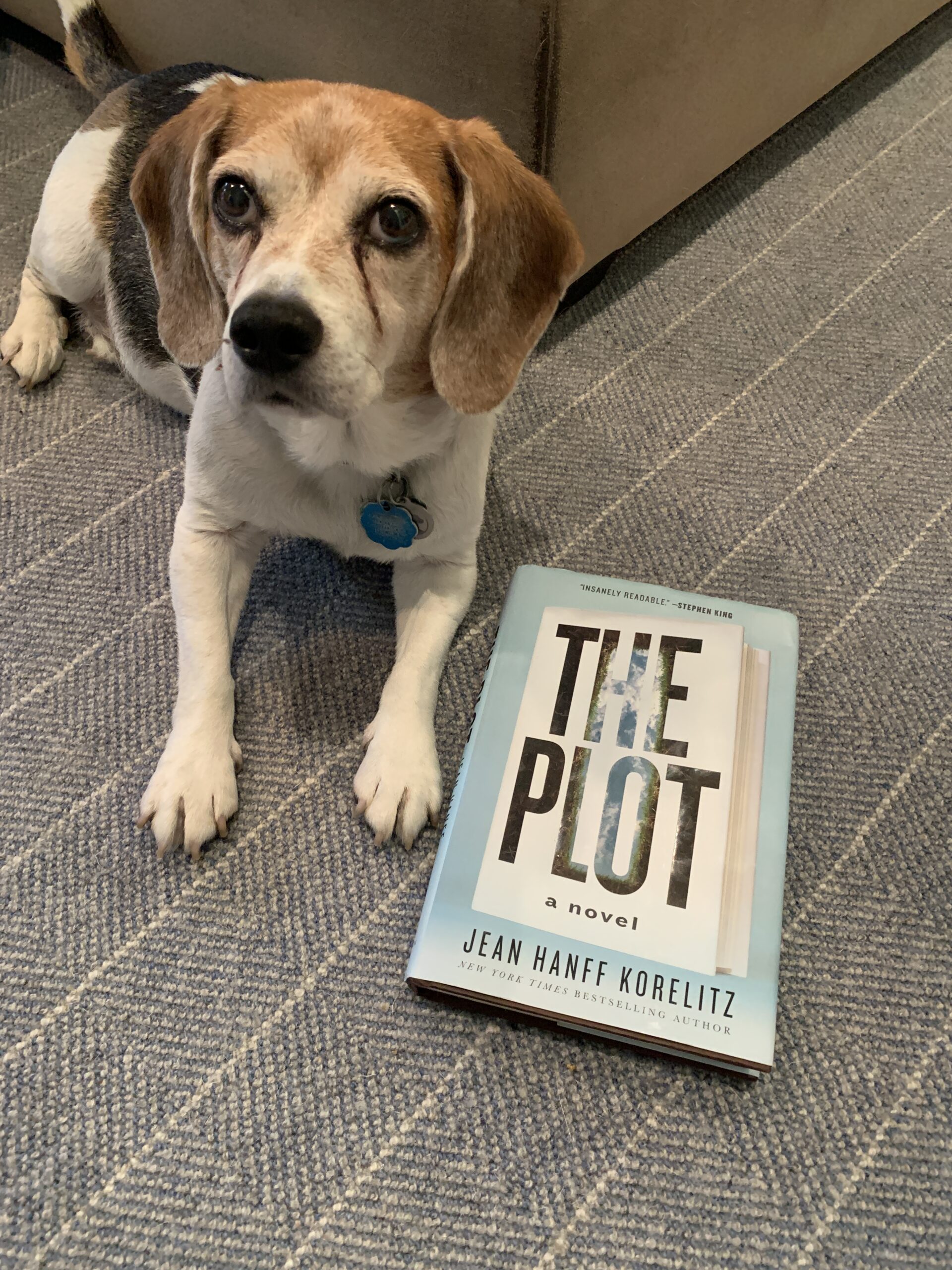
About Me
I have been blogging about books here at Everyday I Write the Book since 2006. I love to read, and I love to talk about books and what other people are reading.